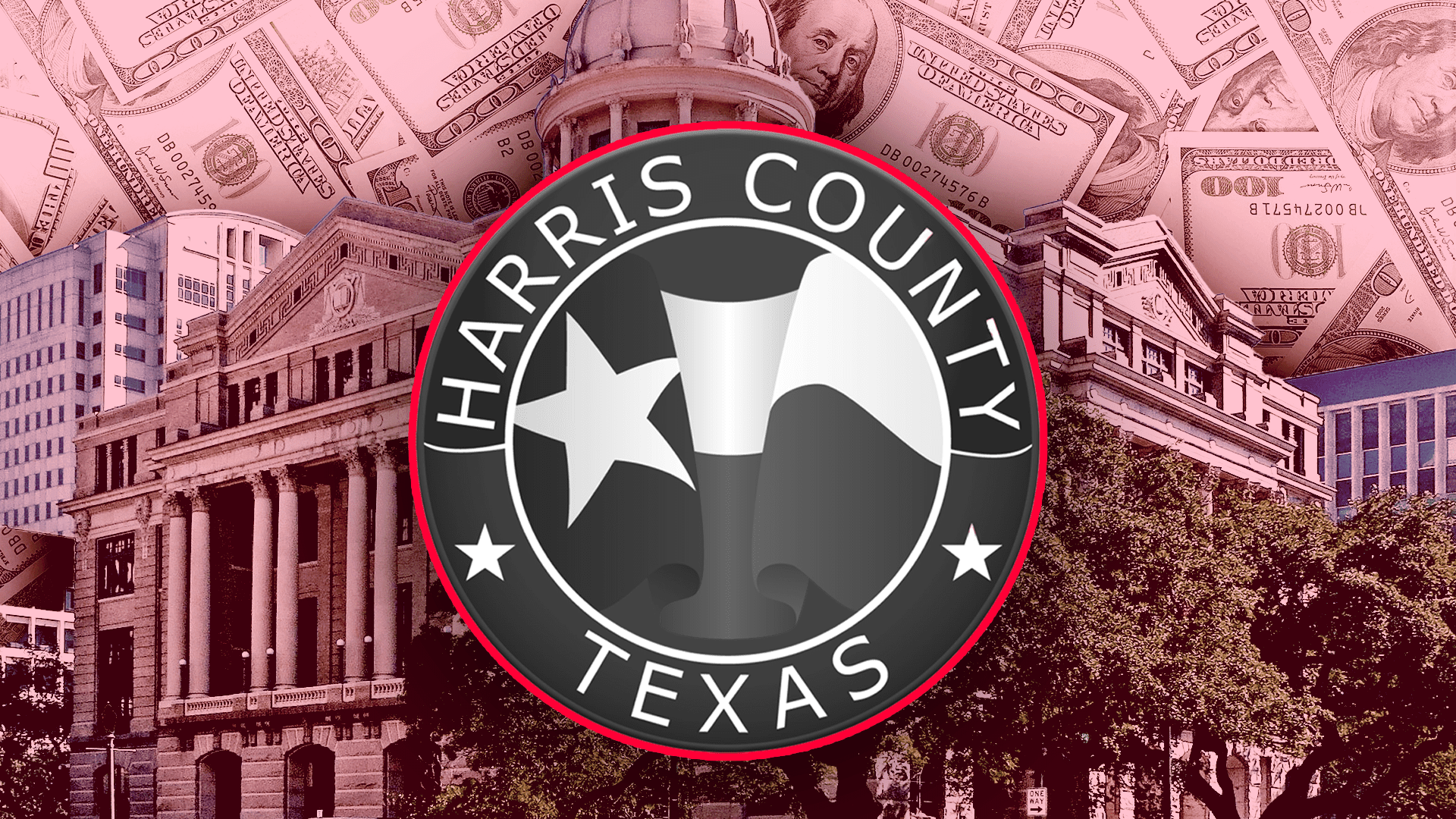A new analysis of the City of Dallas shows that the city is currently $6.9 billion in debt.
Reported by The Dallas Express, based on calculations from Truth in Accounting, Dallas’ debt has increased by $3.2 billion from Fiscal Year 2022 to FY 23.
Earlier this month, The Dallas Express also looked into how much burden is being placed on individual taxpayers. The report showed that taxpayers’ burden in 2023 equaled out to $18,110 per person—almost doubled from $9,600 in 2022.
According to Truth in Accounting’s metric, the new data places the city with a grade of a very low “D”—almost nearing a grade of “F.” The grade “D” on the taxpayer burden scale ranges from $5,000 to $20,000.
After reviewing the City of Dallas Annual Comprehensive Financial Report for FY 23, Truth in Accounting determined that Dallas had $2.9 billion to pay approximately $9.9 billion in bills, which led to the $6.9 billion shortfall. The updated analysis ranked Dallas 69 out of the 75 major cities in the nation for taxpayer debt burdens. New Orleans, Portland, Philadelphia, Honolulu, Chicago, and New York City are the six other cities that scored worse than Dallas.
Public Information Officer for the City of Dallas, Ariel Wallace, told The Dallas Express that “The Dallas Express news story on Dallas’ debt commingled governmental activities and business activities which are not only supported by resident taxes but are also supported by charges for service based on business and resident usage as well as several other revenues besides property tax.”
“Additionally, the report includes the actuarial accrued liability of employee and retiree pensions and health care benefits, two long-term liabilities,” she continued. “The pension liabilities will be funded over the next 30 years in compliance with the Texas Pension Review Board requirements.”
Founder and CEO of Truth in Accounting, Sheila Weinberg, previously told The Dallas Express that most of Dallas’ debt is from its pension system.
“They offered employees pensions as part of their compensation cost but then did not properly fund those pension benefits in the period that the employee earned those benefits,” Weinberg said.
It has been estimated that the Dallas Police and Fire Pension System has approximately $3.5 billion in unfunded liabilities, despite the Dallas Police Department struggling with a staffing shortage.
Andrew McVeigh, president of Texans for Fiscal Responsibility, told Texas Scorecard that the debt being racked up by cities like Dallas is “reckless and, frankly, dangerous.”
“This kind of debt is saddling each individual taxpayer with the impossible burden of tens of thousands of dollars just to pay it off, and they are setting future generations up for failure,” said McVeigh. “Unfortunately, local governments in Texas have the third highest debt in the nation, being beaten out only by California and New York. This is not something to be proud of, and it is only getting worse.”
“Texans must demand accountability and fiscal responsibility from their local elected officials, so we can reverse this disastrous record,” he added.





